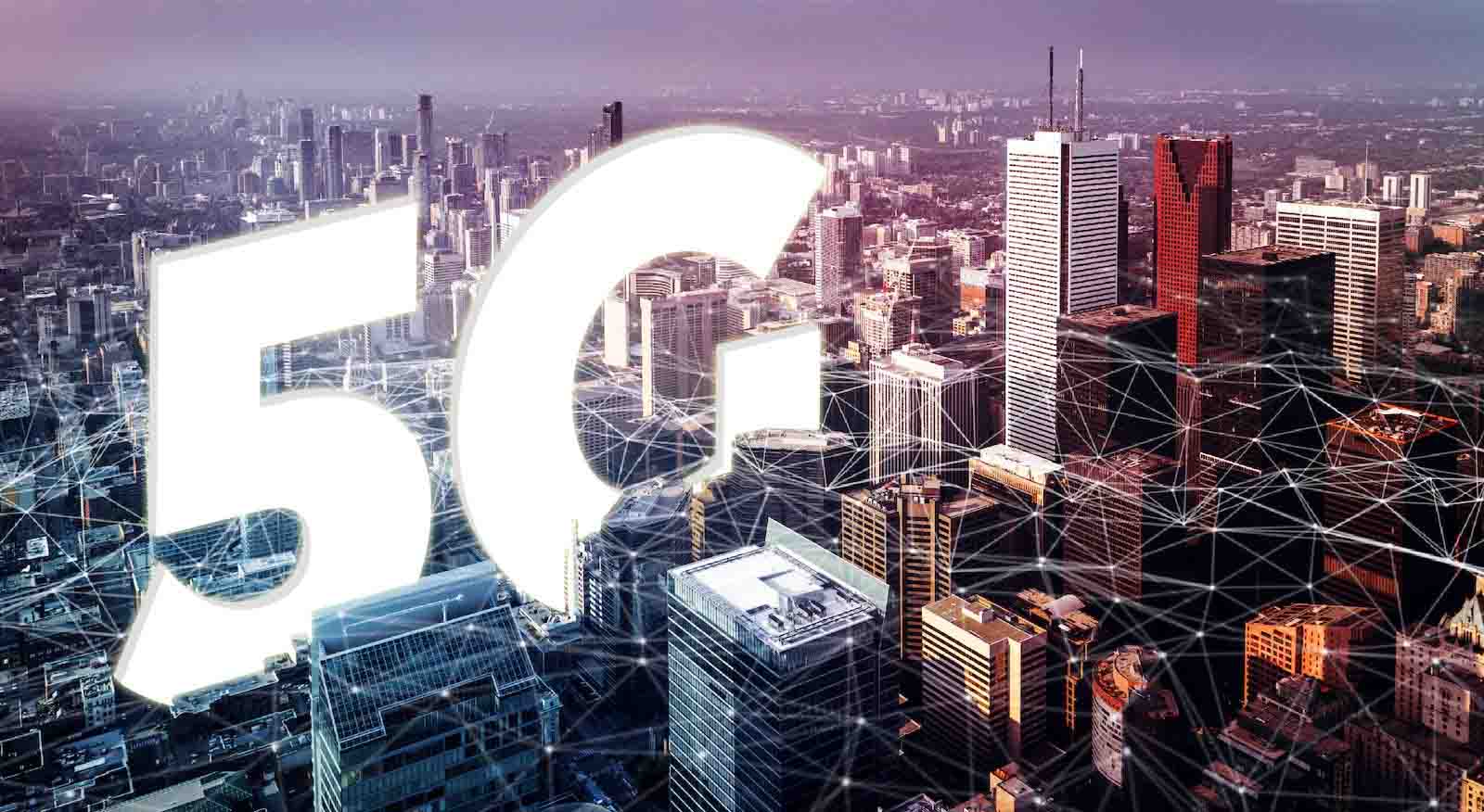CPOpen: Your Gateway to Current Affairs
Stay updated with the latest trends and insights across various topics.
5G: Fast Track or Fool's Gold?
Is 5G the game changer we’ve been waiting for or just hype? Explore the reality behind the buzz and decide for yourself!
Is 5G Technology Worth the Hype?
The advent of 5G technology has sparked widespread debate about its potential impact on various industries and daily life. Proponents argue that 5G offers unprecedented speed and reliability, enabling seamless connectivity for smart devices and fostering advancements in areas such as autonomous vehicles, telemedicine, and augmented reality. With download speeds potentially exceeding 10 Gbps, the capabilities of 5G could surpass those of its predecessors, making it a transformative force in the tech landscape.
However, critics question whether 5G technology truly lives up to the hype. Concerns include the substantial infrastructural investments required to deploy 5G networks and potential health risks associated with increased radio frequency exposure. Additionally, while urban areas may see quick integration of 5G services, rural locations could face delays, leading to a digital divide. Ultimately, the question remains: is the investment in 5G technology justified, or is it merely a marketing bluff?

The True Impact of 5G on Daily Life
The advent of 5G technology is set to revolutionize our daily lives in unprecedented ways. With its ultra-fast speeds and minimal latency, 5G has the potential to transform how we communicate, work, and entertain ourselves. For instance, users can expect to download large files in seconds and stream high-definition content without buffering. 5G also enhances connectivity in crowded areas, making it easier to stay connected during events or public gatherings. This could lead to new forms of social interaction, where virtual reality and augmented reality experiences become mainstream in our social lives.
Moreover, the impact of 5G extends beyond personal convenience; it holds significant implications for various industries. The ability to connect vast numbers of devices seamlessly paves the way for advancements in the Internet of Things (IoT), allowing for smarter homes and cities. Industries such as healthcare, transportation, and manufacturing stand to benefit from 5G's capabilities, leading to improved operational efficiency and enhanced service delivery. In summary, as 5G technology continues to roll out, its influence on our daily routines and broader society cannot be overstated.
5G vs. 4G: What’s the Real Difference?
The debate between 5G and 4G continues to evolve as technology progresses. At its core, 5G represents the fifth generation of mobile networks, promising significantly faster download and upload speeds compared to 4G. While 4G networks can reach speeds of up to 100 Mbps, 5G aims to deliver speeds exceeding 1 Gbps, enhancing everything from streaming high-definition videos to enabling real-time gaming experiences. This substantial increase in speed allows for a more seamless user experience, paving the way for new applications, such as augmented reality and advanced IoT devices.
In addition to speed, 5G also excels in latency and capacity. Latency, which refers to the time it takes for data to travel from one point to another, is drastically reduced in 5G networks—going as low as 1 ms compared to 50 ms in 4G. This reduction means that users can expect near-instantaneous response times, particularly critical for applications requiring real-time communication, like autonomous vehicles and remote surgeries. Furthermore, 5G technology can support a greater number of connected devices, making it a game changer for smart cities and the future of connectivity.